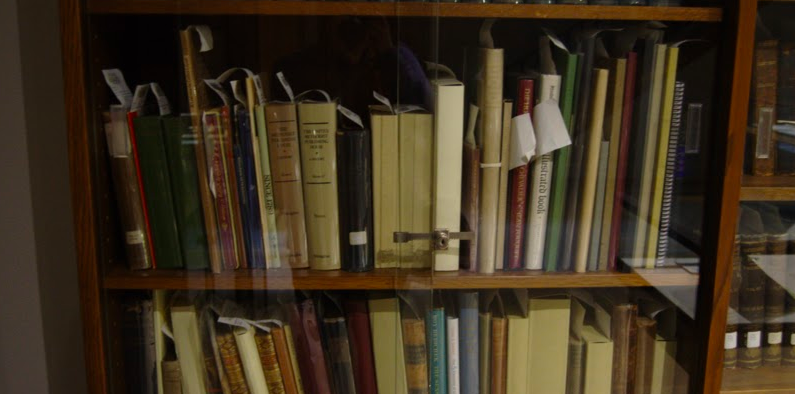What is Hoarding?
Share

Some people have a hard time parting with their possessions. These people are characterized by excessively collecting items or having an inability or unwillingness to discard large quantities of these collections. These collections generally end up crowding the living areas of these individuals and end up causing significant distress and impairment in their lives. Hoarding is associated with obsessive-compulsive disorder, obsessive-compulsive personality disorder, attention-deficit/hyperactivity disorder and depression. It can often be difficult to handle.
Individuals who hoard have a hard time disposing of their possessions, regardless of the actual value of the object. In fact, some commonly hoarded items include things like newspapers, magazines, paper, plastic bags, food, clothing and many other simple household objects. Hoarding can also come in the form of compulsive buying, where individuals choose not to pass up on any bargains. They could also tend to compulsively search for perfect or unique items that may not actually be that special, such as a normal, typical container.
Hoarders experience severe anxiety when they are attempting to discard their items since they believe that that item could potentially be useful or valuable in the future. They sometimes also attach themselves to their items because of the sentimental value behind them. They believe that the items are too unique, irreplaceable, or that the item may simply serve as a reminder to jog their memory about a person or event since they believe that without the item, they will forget them.
Hoarders often have a deal with a lack of functional living space or live in unhealthy or dangerous conditions as a result of their obsessions. Hoarders sometimes choose to live with broken appliances or without heat or other necessary comforts because they’d rather cope with their malfunctioning systems rather than allow a professional to fix the problems that they have. These conditions are not conducive or healthy for these individuals, and in some cases, may cause separation, divorce, eviction or even loss of child custody due to these issues. Hoarding can also pose financial problems too, especially if the individual spends a lot on these items.
It is important to note that hoarding differs from collecting. Collectors tend to have a sense of pride in their possessions and express joy when displaying and discussing them. Usually, they keep these collections organized and they feel satisfaction when they add to it, but they also make sure they budget their time and money for this interest, hoarders, on the other hand, tend to experience embarrassment about their possessions. They typically feel uncomfortable when others see them, especially since they usually clutter them at the expense of livable space. Hence, they feel sad or ashamed about acquiring these possessions and they are also often in debt because of this unhealthy hoarding.
For individuals who suffer from the repercussions of hoarding, they can help themselves by consulting an expert. These individuals can seek cognitive behavioral therapy (CBT) or use medication to help with their hoarding habits. CBT, specifically, will help them improve their organizational and decision-making skills, which will in turn help them improve their quality of life. So if you find yourself hoarding, just remember that you should get help so that you can create a better living environment for yourself!
